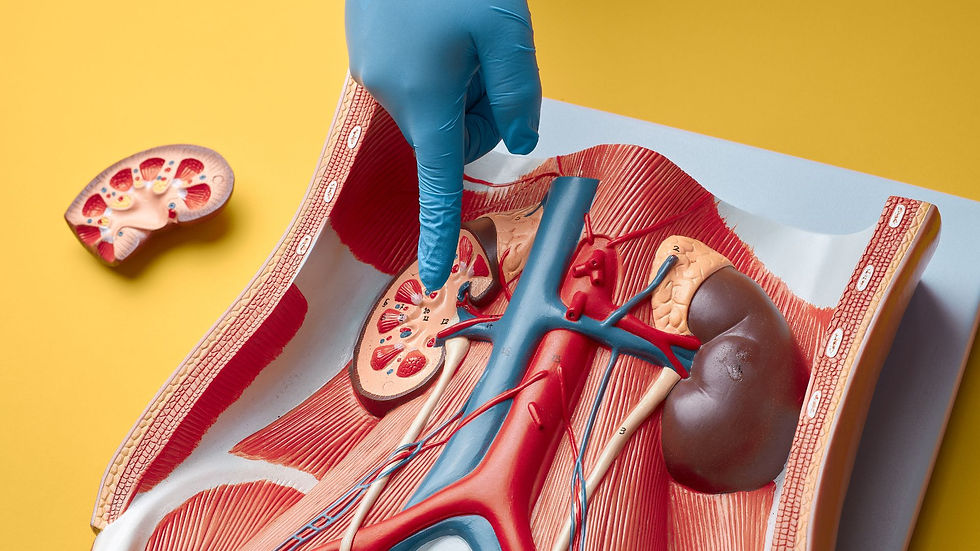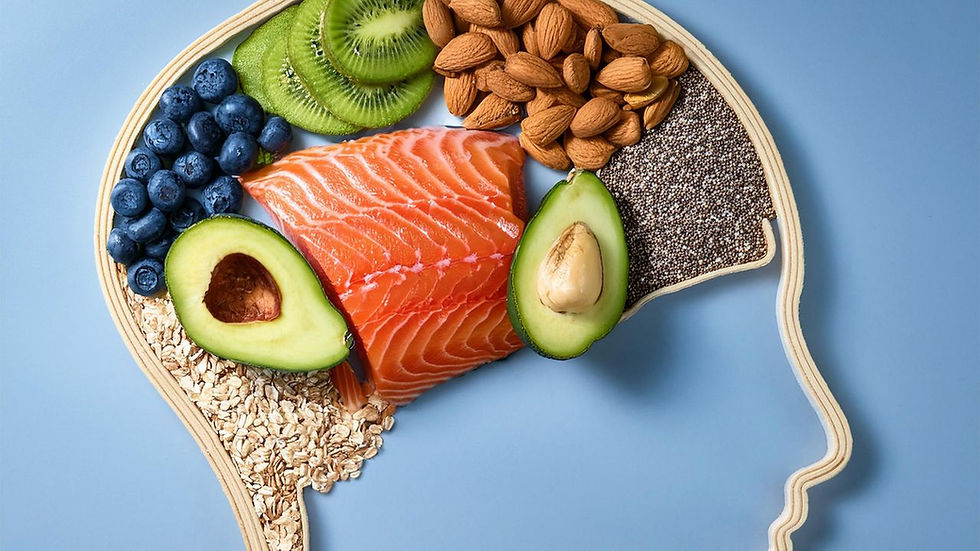Soft Drinks & Dieting
- Slim Transformation

- Mar 3, 2020
- 3 min read
Updated: May 13, 2021
It is common knowledge amongst the public that Diet drinks are better for you - less sugar, less calories and even Slimming World allows you to drink them. Plentifully, we may add.
However, are diet drinks really that much better for you?

There have been numerous scaremongering articles about how diet versions of soft drinks can shorten your life, increase your blood sugar and even give you heart/kindey problems. There have also been numerous studies done to show the efficacy of using diet drinks to maintain or aid weight loss.
So what is the truth?
We always aim to give you the best facts available via clinically based research. Nobody is going to claim that regularly drinking soft drinks filled with sugar is good for you. A 500ml bottle of Coca Cola contains around 200 calories and more than 15 teaspoons of sugar.
As a diet version can come in at just the one calorie, logic would suggest that swapping a full sugar drink for a diet version cuts calories from your diet and so it must be healthier for you.... right?
A recent review by the Imperial College of London has argued that there is "no solid evidence" that low-calorie sweeteners are any better for weight-loss than full-sugar drinks and they challenged the idea that such drinks are automatically healthier.
Meanwhile there is public concern about some sweeteners and groups of scientists have argued that low-calorie sweeteners may lead to weight gain and increase the risk of developing type 2 diabetes.
"A lot of people assume they must be healthy choices because they are not sugared beverages, but the critical thing for people to understand is we don't have the evidence to support these claims and neither do the drinks companies" said Professor Susan Swithers, from the US's Purdue University.
Studies looking at large groups of people have shown obese people tend to drink more fizzy diet drinks than those of a healthy weight. A study in the American journal "Obesity" found that those consuming the low-calorie sweeteners put on the most weight.
The researchers were left asking the question: "Are artificial sweeteners fuelling, rather than fighting, the very epidemic they were designed to stop?"
Prof Swithers' study on rats suggest the drinks alter the way the body deals with normal sugar, which could lead to weight-gain. When sugar hits the tongue it gives us that delicious hit of sweetness, but also tells the body that "food" is on the way. But with zero-calorie sweeteners that same message is sent, but no "food" arrives, making the body less able to actually deal with sugar when we really do have it; our hormonal responses get blunted, our blood sugar levels go up and it leads to weight gain.
"It also means your body is less 'full' by having diet versions - it is expecting a certain amount of food-energy and it does not get that from diet drinks, leaving your body craving what it already expected to get, leasing to snacking or even binge eating" says Natasha, our Lead Nutritionist.
Another key issue with diet drinks is what the fitness industry refer to as "compensation" - when you know you are taking calories out of one part of your diet, you tend to eat more somewhere else - "It is a classic case of 'I had a diet beverage therefore I can have something naughty' but this only leads to future weight gain and off sets the hard work you are doing" says Natasha.
Whilst studies in the journal 'Obesity' have shown that those taking diet drinks instead of full sugar drinks are ingesting far less calories, they are actually more likely to remain the same weight or even gain weight.
So what to do?
As boring as it may sound, experts say that drinking lots of water can help aid weight loss. "By 'pre-loading' with water half an hour before eating, your stomach is fuller and you are less likely to eat as much. This also helps offset a common trick our brain plays on us - when we are thirsty or dehydrated, our brain tells us we are hungry when in fact, we are actually thirsty" says Natasha.
Professor Smithers, although not a fan of diet drinks, does believe that they can be a helpful transition to healthier alternatives - "A diet beverage would be useful to have in your diet as a transition, so if you're drinking regular soda every day and find it too difficult to stop, change to diet soda before venturing onto water," she said. They should help with some weight-loss, at least in the short-term. The big question is whether we'd all be better off by just adjusting to a diet that's less sweet - whether it is sugar or sweeteners.
Thanks for reading,
The Slim Transformation Team




Comments